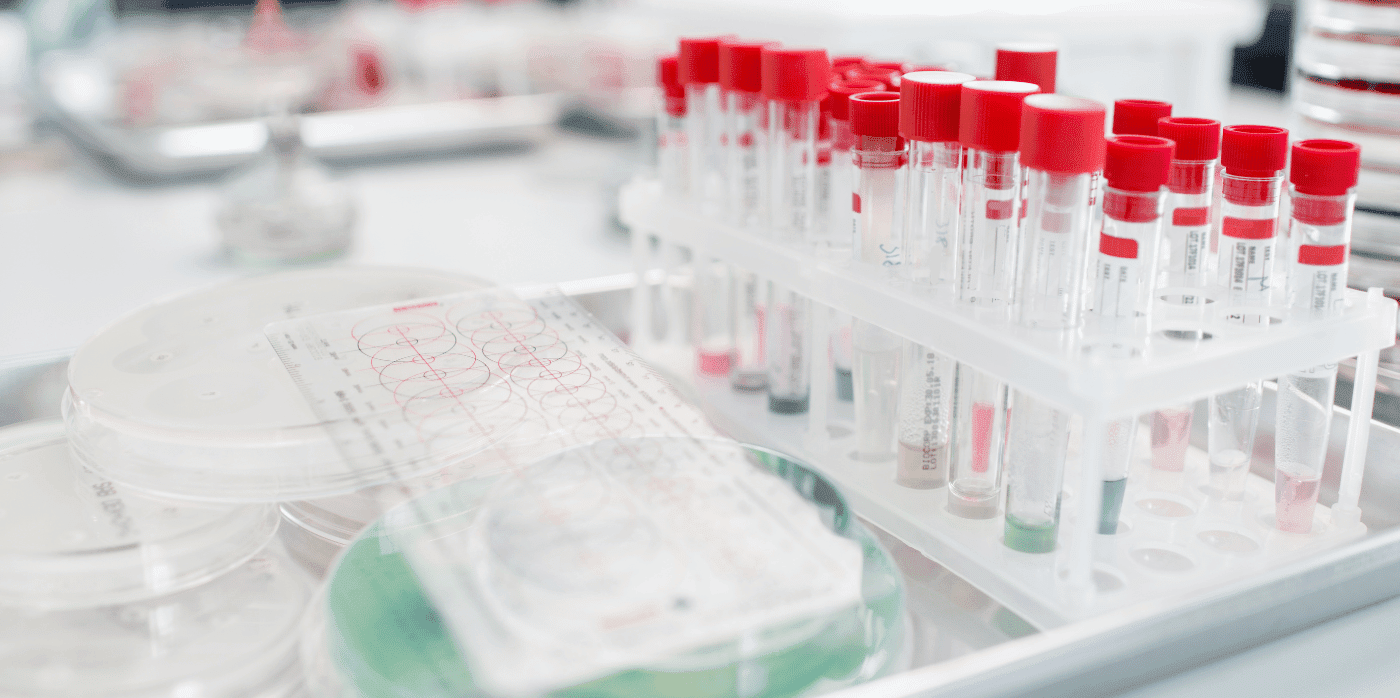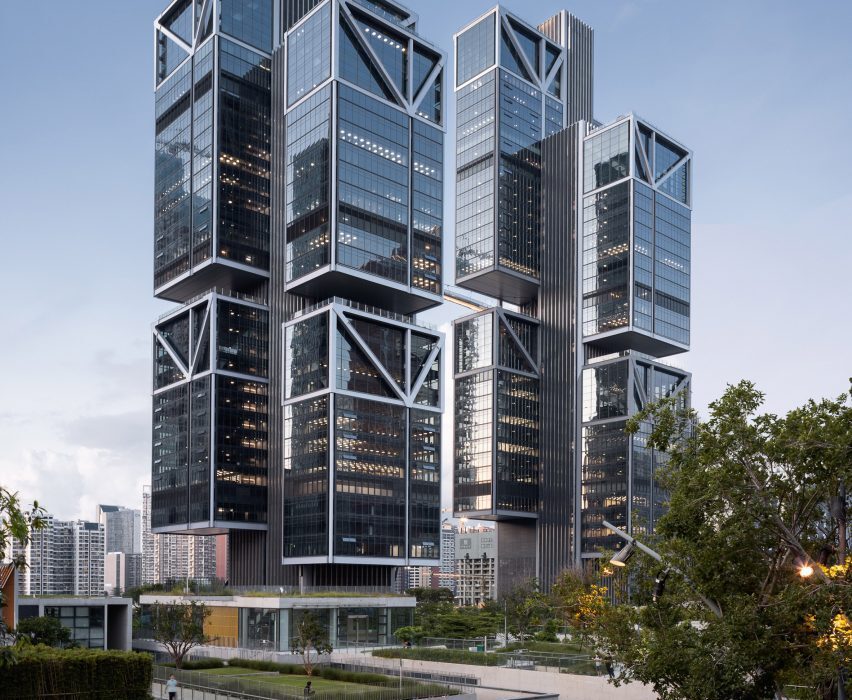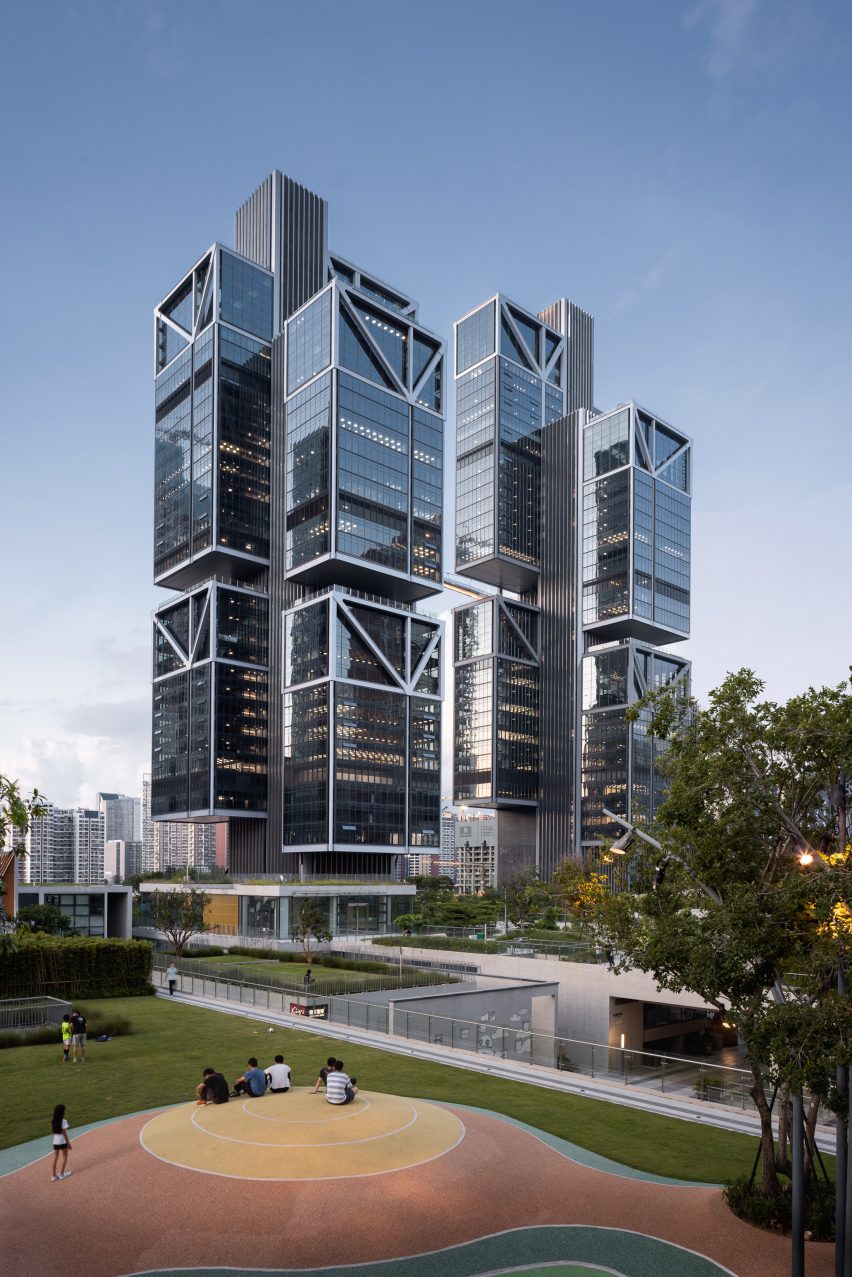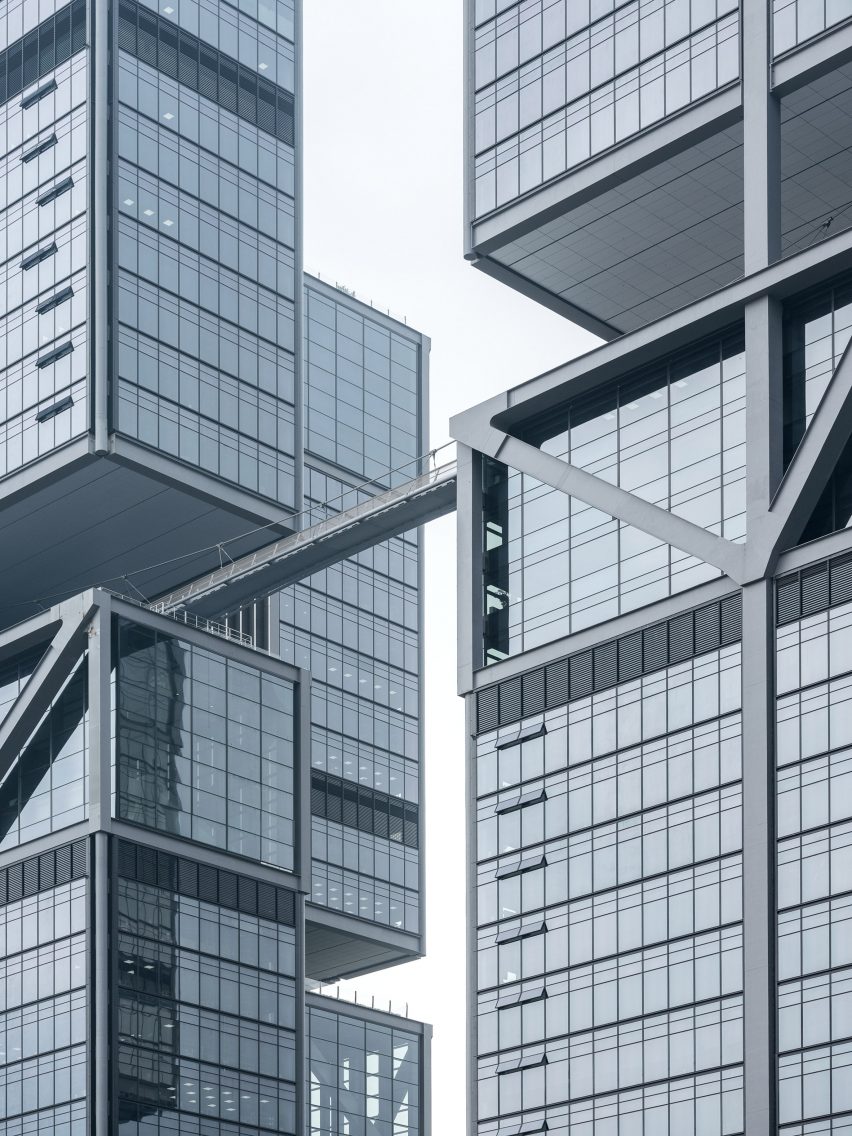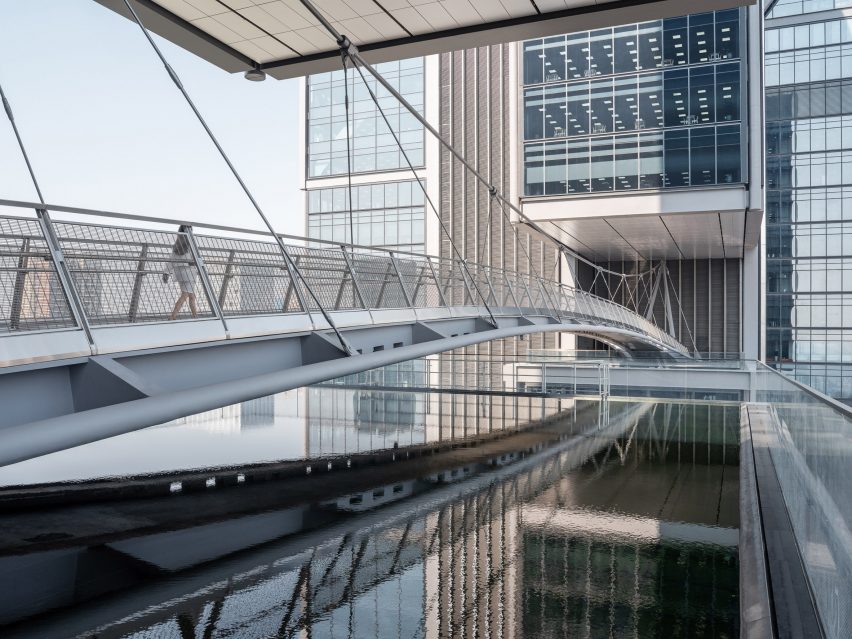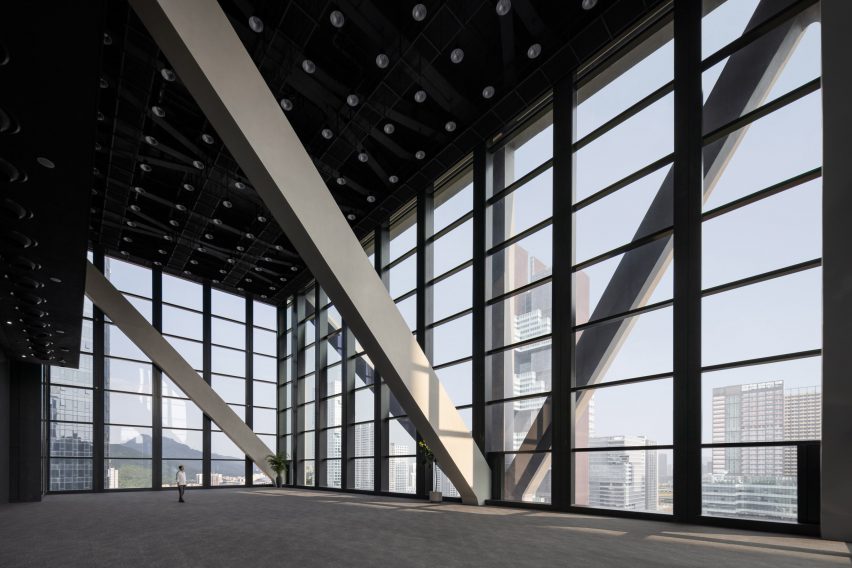Recycling single-use plastic waste from labs

Spotted: Disposable plastics have become a crucial part of research and healthcare, especially for consumables like syringes and test tubes that need sterilisation. A lot of this laboratory and clinical plastic waste is sent to landfill or incinerated without a specialised recycling service.
This linear economy takes its toll on the environment. According to one study, lab-derived plastic waste could amount to 5.5 million tonnes a year around the globe. To address the problem, LabCycle has opened the UK’s first pilot plant that can recycle up to 60 per cent of plastic lab waste to make new lab equipment.
Members of the LabCycle team have experience working in laboratories and were shocked by the amount of single-use plastic consumables that people had to go through in their daily work lives. In response, the company developed technology that enables contaminated plastic waste to be recycled from the laboratory to manufacture lab- and medical-grade consumables, promoting a circular economy approach within the research and healthcare sectors.
After it is decontaminated, the plastic is turned into high-grade pellets the size of rice grains, which are then sent to LabCycle’s manufacturing partner to be transformed into new lab equipment like test tubes and Petri dishes. Waste doesn’t need to be sterilised beforehand, meaning less heat energy is required, and the company also specifies that water for the process can be reused, further reducing the environmental impact.
LabCycle has recently set up its pilot recycling plant in a converted greenhouse on the University of Bath campus, and will be using the plant to recycle waste from the university’s engineering and science labs. The company is also working closely with the local NHS Blood and Transplant to repurpose their plastic waste.
Single-use plastics pose a serious danger to the environment, but promoting a more circular economy can give these plastics a chance to be used again, instead of quickly being thrown into landfill. In the database, Springwise has spotted many innovations looking to boost circular practices, like trainers made from recycled waste materials or on-demand data that makes recycling easier.
Written By: Anam Alam

